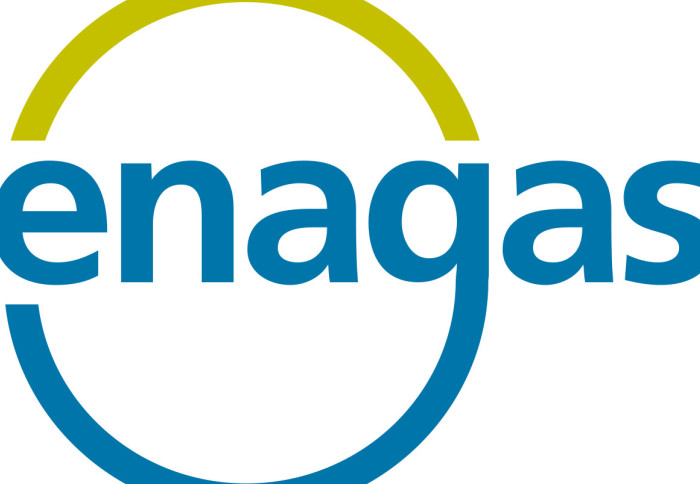SGI in partnership with Enagás to improve understanding of methane emissions
by Zara Qadir

Clarifying methane climate metrics, estimating uncertainties and exploring the sustainability of LNG as a shipping fuel.
Imperial College London and Enagás (the Spanish natural gas transmission company and Technical Manager of the Spanish gas systemthe Spanish energy company operating the national gas grid) are working together to shed some light on methane emissions from natural gas systems.
Researchers at the Sustainable Gas Institute (SGI) at Imperial have embarked on an intensive 9-month project to independently review the contribution methane emissions on climate change and to investigate the sustainability of LNG as a shipping fuel.
Dr Paul Balcombe, based in the Department of Chemical Engineering, explains the motivations behind the study:
“We know that emissions from shipping vessels have a significant impact on global climate change. Liquefied natural gas (LNG) fuelled shipping could potentially reduce the carbon footprint of the maritime industry relative to other marine fuels. But LNG’s sustainability credits as a marine fuel still need to be explored as natural gas is still a fossil fuel. We need the whole picture, and our focus will be on examining methane emissions.”
Combining knowledge and tools
The research is follow-on work from the SGI’s first White Paper which assessed the current knowledge of methane and CO2 emissions globally coming from the whole natural gas supply chain (i.e. extraction, processing, transmission, storage, liquefaction etc.) and detailed what factors affect emission these ranges (e.g. equipment, procedures).
The study will be carried out in three stages.
“One of the most important research requirements that we identified from our previous paper, was to fully explore what methane’s role is in climate change. Global Warming Potential (GWP) istypically the most common metric used for quantifying how much heat a greenhouse gas traps in the atmosphere. However, depending on the situation being addressed, it may not always be the most appropriate metric. The choice of climate metric can greatly impact on the perceived merits of different technology or policy approaches. We carried out a large review of available metrics and investigated both their suitability to specific situations, and the impact of using different metrics on final emission results,” says Dr Balcombe.
The second aim of the project stems from follow-on work from the White Paper (Methane & CO2 emissions from the natural gas supply chain). The new study will also investigate ‘hotspots’ of uncertainty surrounding estimates of methane emissions across different supply chain equipment and different methods of estimation. This will help industry identify ways to improve measurement and quantification of emissions.
 The third part of the study will involve looking at what the role of LNG is as a shipping transport fuel, by considering shipping emissions but also across the whole supply chain from extraction, processing, transmission, storage, liquefaction, delivery and consumption. The work will look at greenhouse gases but also the air quality and economic costs compared against alternative fuel sources, including fuel oil and biofuels.
The third part of the study will involve looking at what the role of LNG is as a shipping transport fuel, by considering shipping emissions but also across the whole supply chain from extraction, processing, transmission, storage, liquefaction, delivery and consumption. The work will look at greenhouse gases but also the air quality and economic costs compared against alternative fuel sources, including fuel oil and biofuels.
Claudio Rodriguez, Infrastructures General Manager at Enagás explains:
“As a leading company in the main sustainability indexes, Enagás is strongly committed with climate change and especially with methane emissions reduction all over the value chain. In this sense, partnership with SGI will help us to quantify how natural gas can contribute to a low carbon economy. This study will provide a framework for realistic and updated methane impact consideration, taking into account the different existing climate metrics as well as the uncertainty of both metrics and estimated emissions. Also, the study will provide a better understanding of methane fugitive emissions reduction existing potential at natural gas infrastructures and will help LNG to find its place in the maritime sector in the near future.”
The set of reports will provide a crucial reference document on emissions for academia, the gas industry and policy makers.
Article text (excluding photos or graphics) © Imperial College London.
Photos and graphics subject to third party copyright used with permission or © Imperial College London.
Reporter
Zara Qadir
Department of Earth Science & Engineering